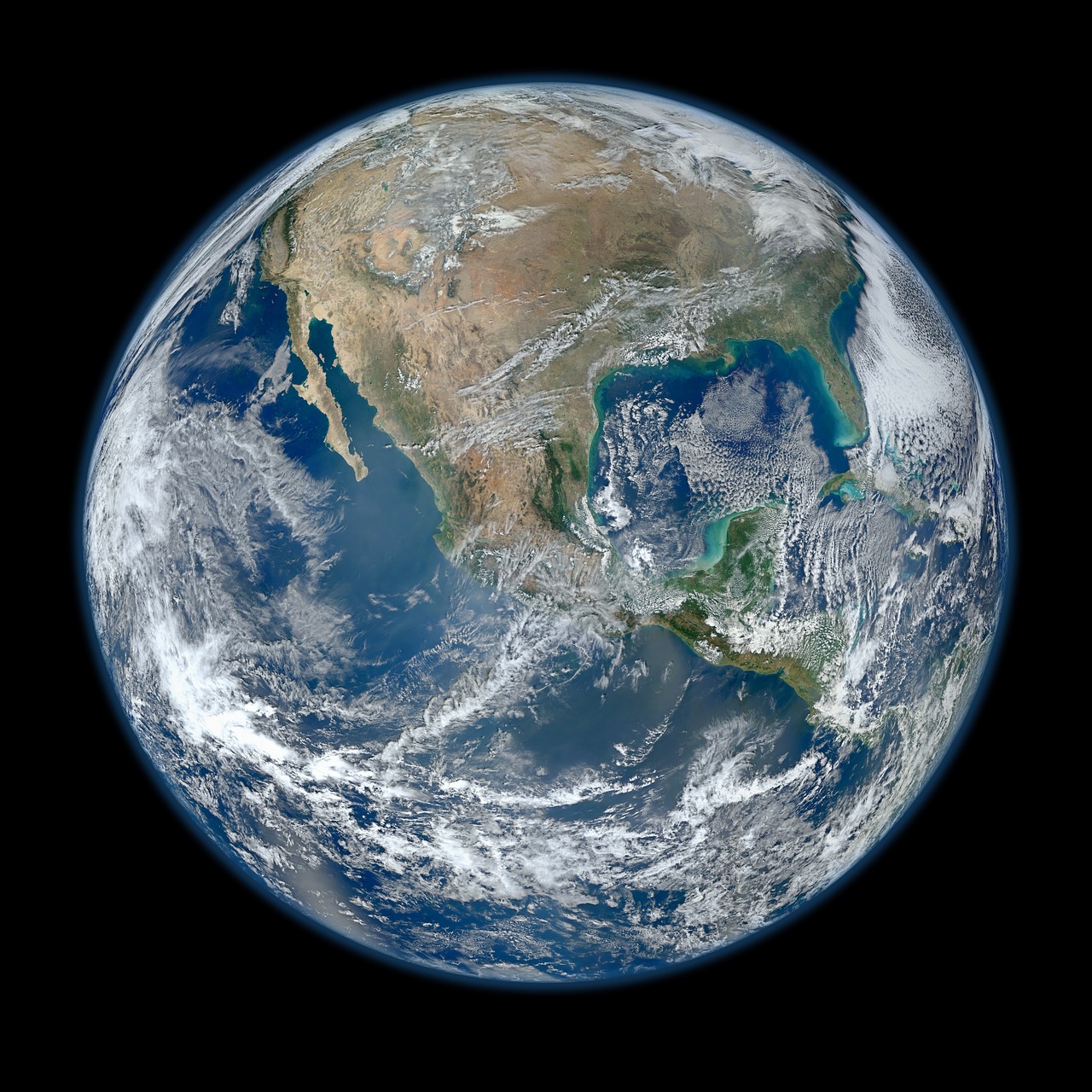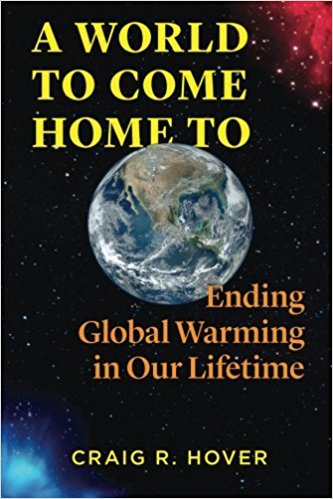
Global Warming vs. Climate Change
Global warming is a term that refers to one aspect of climate change. The term “global warming” was seized by the media and public during the early discussions on climate change. Unfortunately, this has added to the skepticism of climate change due to the fact that many parts of the world are experiencing severe weather that doesn’t invoke ideas of warmer days and nights.
NASA explains:
To a scientist, global warming describes the average global surface temperature increase from human emissions of greenhouse gases. Its first use was in a 1975 Science article by geochemist Wallace Broecker of Columbia University’s Lamont-Doherty Geological Observatory: “Climatic Change: Are We on the Brink of a Pronounced Global Warming?”1
Broecker’s term was a break with tradition. Earlier studies of human impact on climate had called it “inadvertent climate modification.”2 This was because while many scientists accepted that human activities could cause climate change, they did not know what the direction of change might be. Industrial emissions of tiny airborne particles called aerosols might cause cooling, while greenhouse gas emissions would cause warming. Which effect would dominate?
For most of the 1970s, nobody knew. So “inadvertent climate modification,” while clunky and dull, was an accurate reflection of the state of knowledge…
Global warming: the increase in Earth’s average surface temperature due to rising levels of greenhouse gases.
Climate change: a long-term change in the Earth’s climate, or of a region on Earth.
Within scientific journals, this is still how the two terms are used. Global warming refers to surface temperature increases, while climate change includes global warming and everything else that increasing greenhouse gas amounts will affect…
But global warming became the dominant popular term in June 1988, when NASA scientist James E. Hansen had testified to Congress about climate, specifically referring to global warming. He said: “global warming has reached a level such that we can ascribe with a high degree of confidence a cause and effect relationship between the greenhouse effect and the observed warming.”4 Hansen’s testimony was very widely reported in popular and business media, and after that popular use of the term global warming exploded. Global change never gained traction in either the scientific literature or the popular media.
But temperature change itself isn’t the most severe effect of changing climate. Changes to precipitation patterns and sea level are likely to have much greater human impact than the higher temperatures alone. For this reason, scientific research on climate change encompasses far more than surface temperature change. So “global climate change” is the more scientifically accurate term. Like the Intergovernmental Panel on Climate Change, we’ve chosen to emphasize global climate change on this website, and not global warming.((https://pmm.nasa.gov/education/articles/whats-name-global-warming-vs-climate-change))
Climate change is the proper term. It is not interchangeable with global warming. Global warming is one consequence of climate change.
Can we end climate change caused global warming by 2050?

A World to Come Home To: Ending Global Warming in Our Lifetime by Craig R. Hover should be must reading for President Trump. Simple explanations and solutions are presented. Even though I take issue with the title using the term “Global Warming”, the information in the book is comprehensive. Instead of only focusing on the dire situation our planet is currently in from our high carbon, non-negotiable lifestyles of endless consumption, Hover offers solutions for “manifesting our destiny”.
The first two parts of the book include discussions of how we got to where were are today. From the consumer economy to birth of Big Oil, the complexities of current state are explained.
Half of this book is devoted to a simple explanation of both the global warming phenomenon and the technology we have available to end it. The other half of this book is devoted to looking at not only the human interactions that have brought us to the extremely dangerous situation in which we now find ourselves, but also at the human elements that can yet turn this situation around. This book outlines specific strategies and actions we can take at the individual, local, and national levels to not only help mitigate global warming and advance sustainability ourselves, but also to induce our federal government to implement a national energy policy that can render our nation fossil-free before 2050 and defuse the global warming time bomb.
A World to Come Home To: Ending Global Warming in Our Lifetime provides hope we can slow down climate change in our lifetimes.
skeeze / Pixabay
Climate will do what climate will do as it has for hundreds of millions of years. Meanwhile, decisions and policy need to be based on hard fact.
There are some crucial, verifiable facts – with citations – about human-generated carbon dioxide and its effect on global warming people need to know and understand at
hseneker.blogspot.com
The discussion is too long to post here but is a quick and easy read. I recommend following the links in the citations; some of them are very educational.